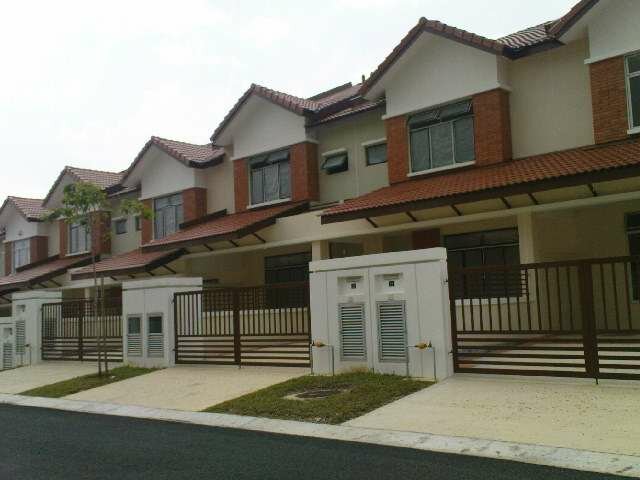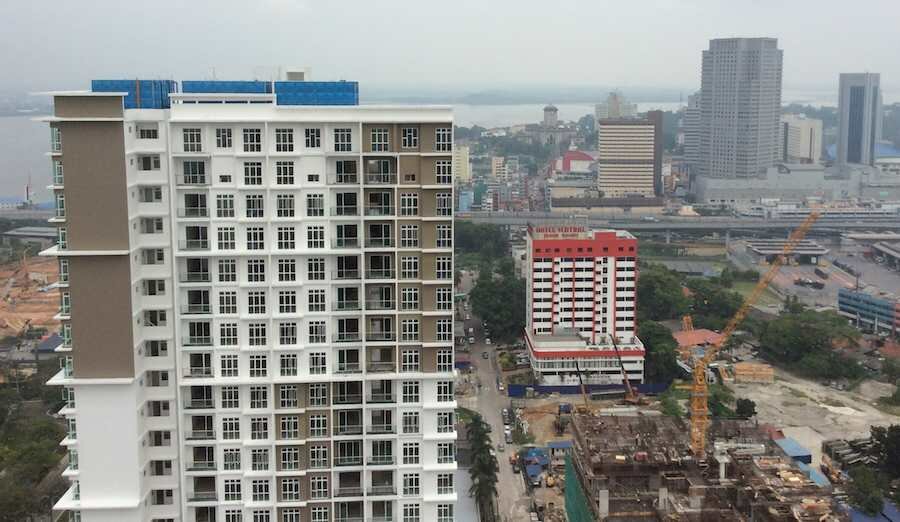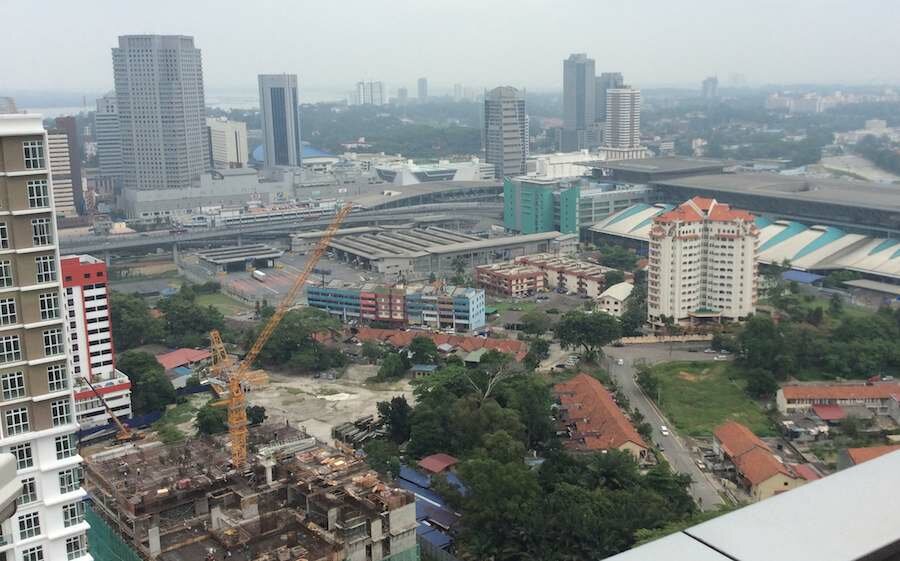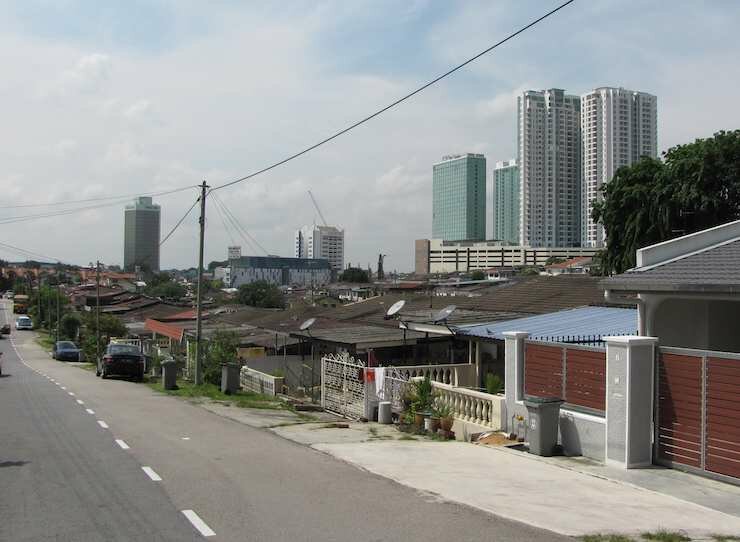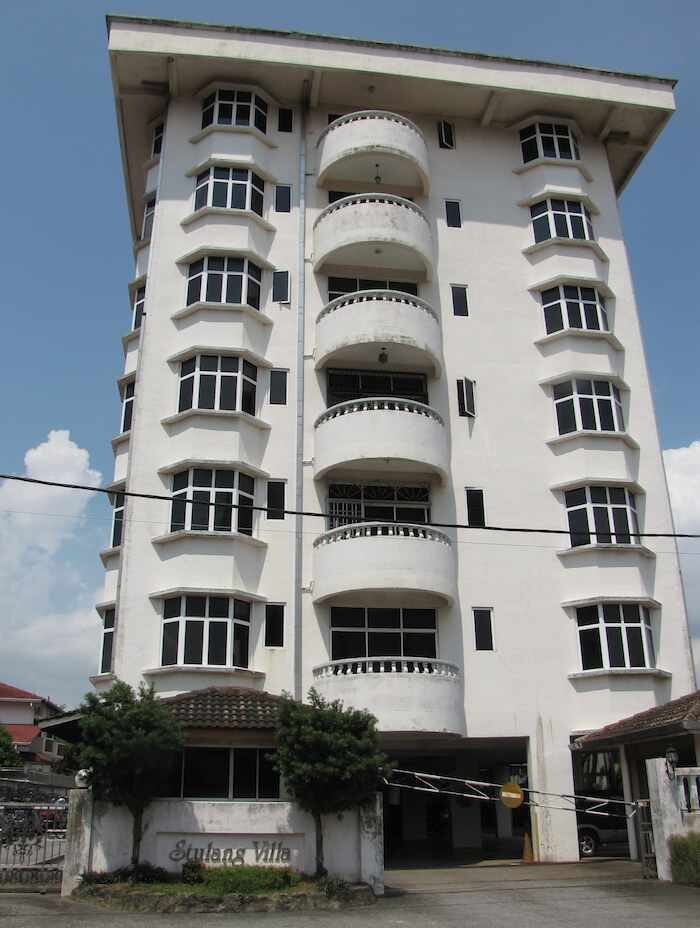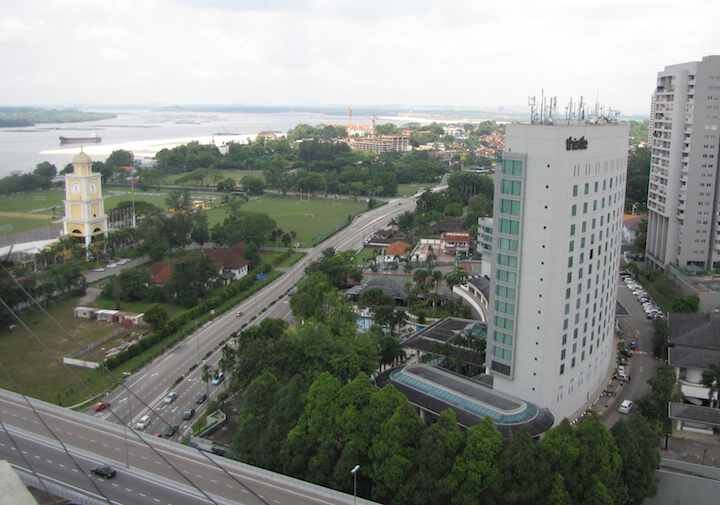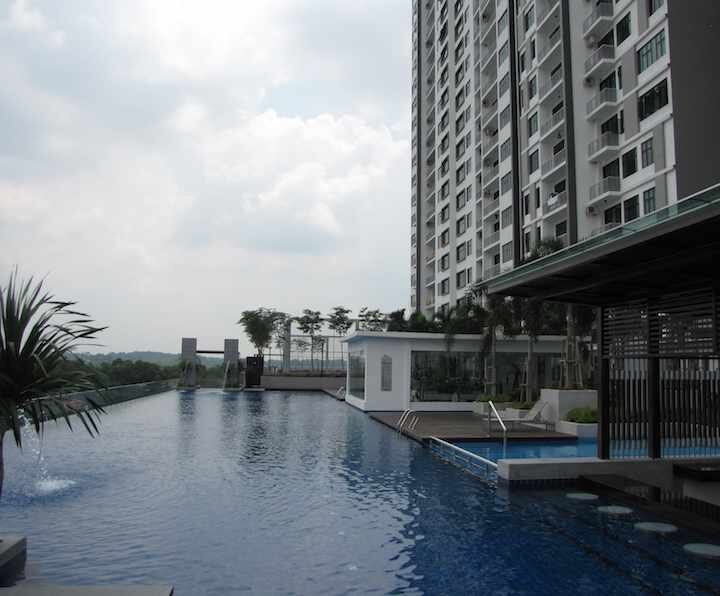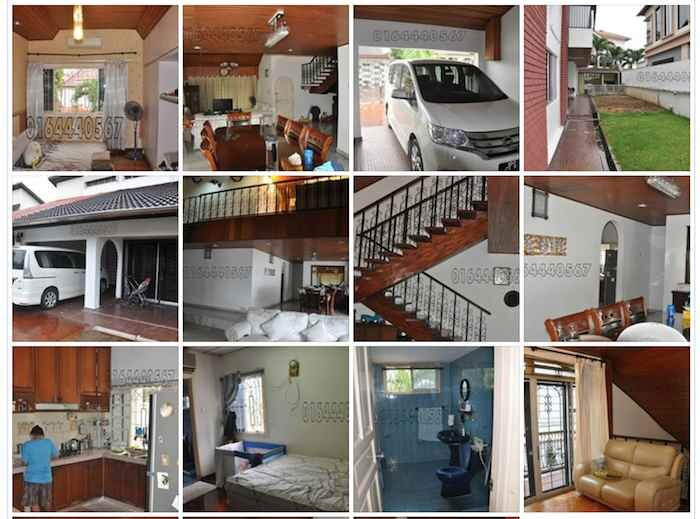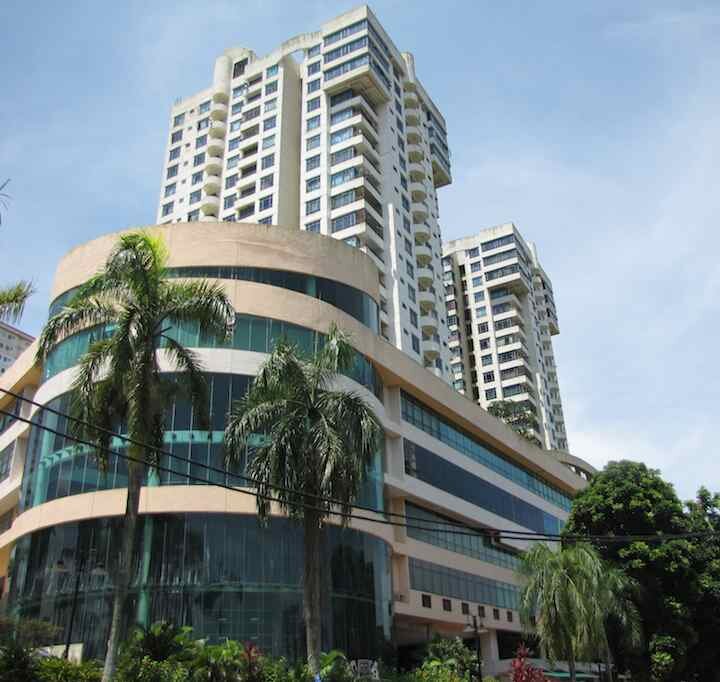Singapore Property Boom Fuels Malaysia Spillover Bubble, Bloomberg
Malaysia is seeing the spillover from Singapore’s four-year property boom and its subsequent efforts to cool the market.
…
Now Malaysia is taking steps to prevent its own real estate inflation from emerging and appeasing locals who say they can no longer afford to own a home. In last month’s budget, Prime Minister Najib Razak doubled the minimum amount foreigners must spend on property and raised the capital gains tax to 30 percent on homes they sell within five years. The local governments of southern Johor state, where Iskandar is based, and Penang to the north, are considering additional tariffs on overseas buyers.
…
Malaysia’s central bank shortened the maximum length on mortgages in July, saying household indebtedness had risen by an average 12 percent per annum in the past five years. Last month, the government barred developers from helping home buyers by absorbing some interest payments on loans.
Malaysians have accumulated Southeast Asia’s highest level of household borrowings at 80.5 percent of gross domestic product, according to Bank of America Corp.’s Merrill Lynch unit.
…
Johor is planning to impose an additional 2 percent tariff on buyers from overseas across all segments of the property market from May, Singapore’s Business Times reported Nov. 13, citing Koh Moo Hing, chairman of the Johor branch of the Real Estate and Housing Developers’ Association.
Penang is seeking public feedback on proposals to introduce a 3 percent levy on foreigners purchasing homes next year, Lim Guan Eng, the state’s chief minister, said last month.
It is wise for the governments in Singapore and Malaysia to institute measures to react to the bubbles in the markets. In general, I think they are taking wise measures. Increasing the tax on foreigners is wise (it is always nice as a government to tax those who don’t vote for you). The trouble you run into with this strategy is making investors look elsewhere.
My belief is a 2% tax on real estate purchases isn’t going to have much of an impact (investors will still invest). Even an additional 2-3% by the states is likely ok, now, but that might get to be an issue at some point. Right now the appeal of Malaysian real estate is such that I don’t really see much impact.
The biggest risk is if other factors increase Malaysia’s need for foreign currency (government debt, consumer debt, less investment in manufacturing, lower oil and gas sales, lower tourism revenue) then the appeal of getting foreign currency puts pressure to make it as appealing as possible for foreign investors.
The other serious issue, that I have mentioned before, is the Johor real estate market is pricing in very good ties with Singapore. And the infrastructure right now is not sufficient and since no 3rd link was put in place in the last few years the problem is growing. Once the MRT is extended (and I am assuming a 3rd link will be in place years before that) things will be in much better shape. But there are maybe 6 years before that with huge numbers of condos being delivered that can only be afforded with Singapore jobs (creating huge capacity problems for the transportation infrastructure – especially adding that to theme parks in JB seeking to draw Singapore visitors).
Related: Singapore and Iskandar Malaysia – Absolute nightmare at the Tuas continues for 2nd week (delays of 2 hours) – The Potential of Iskandar is Very High but Investing in Iskandar has Risks – Iskandar Housing Real Estate Investment Considerations – Singapore Taxes Increase In Attempt to Cool Condo Prices – Transportation from Singapore to Johor Bahru Malaysia
